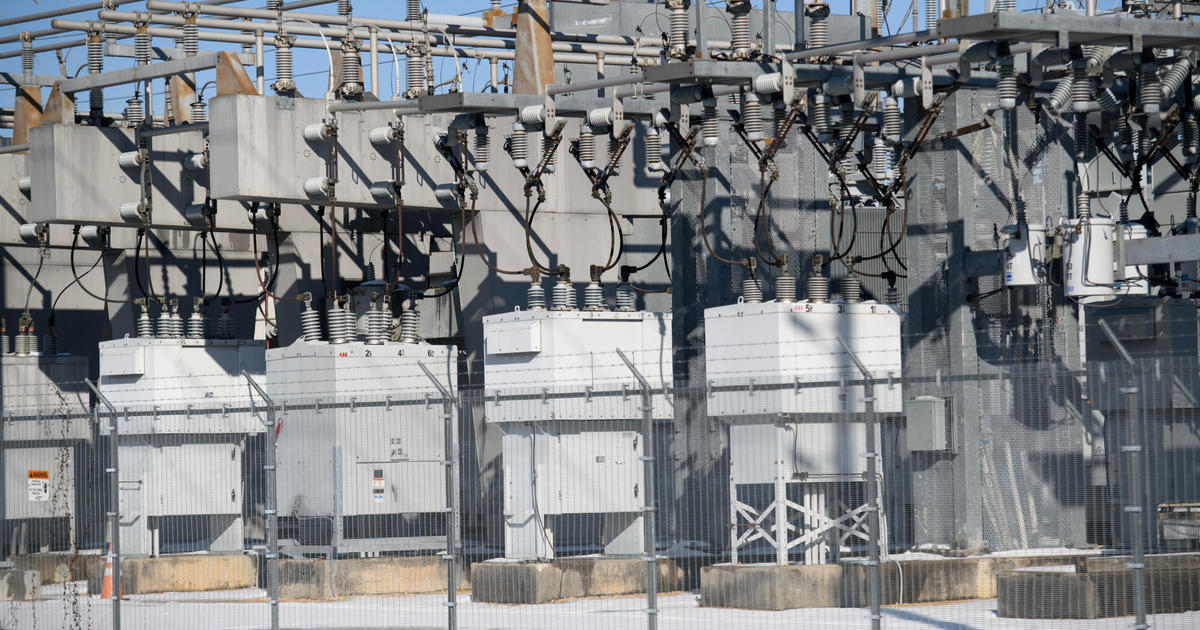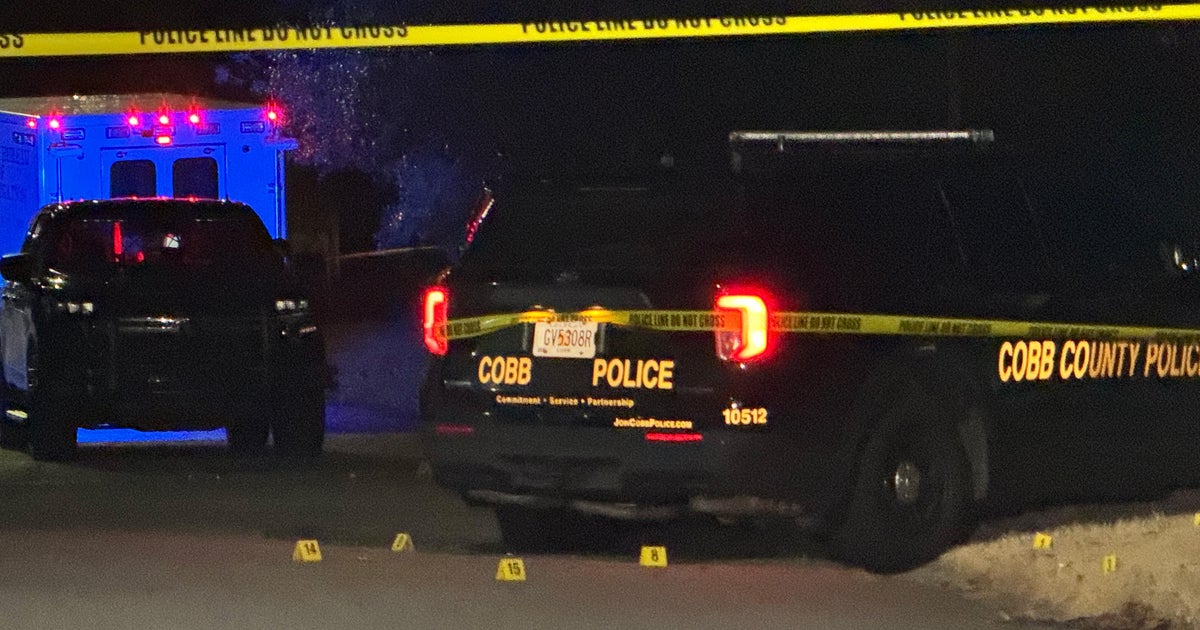Md. House Advances Death Penalty Repeal Bill
ANNAPOLIS, Md. (AP) -- The House of Delegates on Wednesday night advanced legislation to repeal the death penalty in Maryland after delegates rejected nearly 20 amendments, mostly from Republicans, aimed at keeping capital punishment for heinous crime.
The Senate approved the measure earlier this month. A final House vote on the legislation, a top legislative priority of Democratic Gov. Martin O'Malley, could come as soon as Friday.
Amendments defeated on the House floor would have maintained the death penalty in some cases, including acts of terrorism, for mass murderers, lawbreakers who kill police officers or firemen in the line of duty and for kidnappers who kill.
"We can't get into the business of this crime is worse than another," said Delegate Samuel Rosenberg, a Baltimore City Democrat who supports the measure. "These are terrible cases, but the death penalty is not the way to go."
Supporters of the measure insist that capital punishment is costly, error-prone, racially biased and a poor deterrent of crime.
Opponents of the bill argue that the death penalty deters crime and is a necessary option for punishing criminals who commit the "worst of the worst" acts of violence.
Delegate Michael Smigiel Sr., a Cecil County Republican, also proposed an amendment that would reinstate a $500,000 crime fund to assist victims' families. The fund was a provision of the legislation in earlier drafts but was later removed after some lawmakers voiced concerns that the fund would disqualify the repeal from being petitioned to referendum, because of the financial appropriation component.
"Our constitution says that if there is an appropriation in the bill, it cannot be petitioned, as a result the Senate took the appropriation out of the bill," said Delegate Kathleen Dumais, a Montgomery County Democrat.
O'Malley indicated in a written statement that he would include the $500,000 in the annual budget.
But some lawmakers remain skeptical.
"If you want to repeal the death penalty and you want to do something for victims, put that half-million dollars back in," Smigiel said.
Delegates debated the legislation for more than two hours before recessing.
If passed, life without the possibility of parole would be the most severe sentence in the state.
An amendment to revoke the visitation and education privileges of prisoners who are sentenced to life without the possibility of parole was also rejected by the chamber.
Maryland has five men on death row. The state's last execution took place in 2005, during the administration of Republican Gov. Robert Ehrlich.
Maryland's death penalty has been on hold since a 2006 court ruling that the state's lethal injection protocols weren't properly approved by a legislative committee.
If passed, Maryland would become the 18th state to ban the death penalty. Connecticut did last year. Illinois, New Jersey, New Mexico and New York also have abolished it in recent years.
(Copyright 2013 by The Associated Press. All Rights Reserved.)







